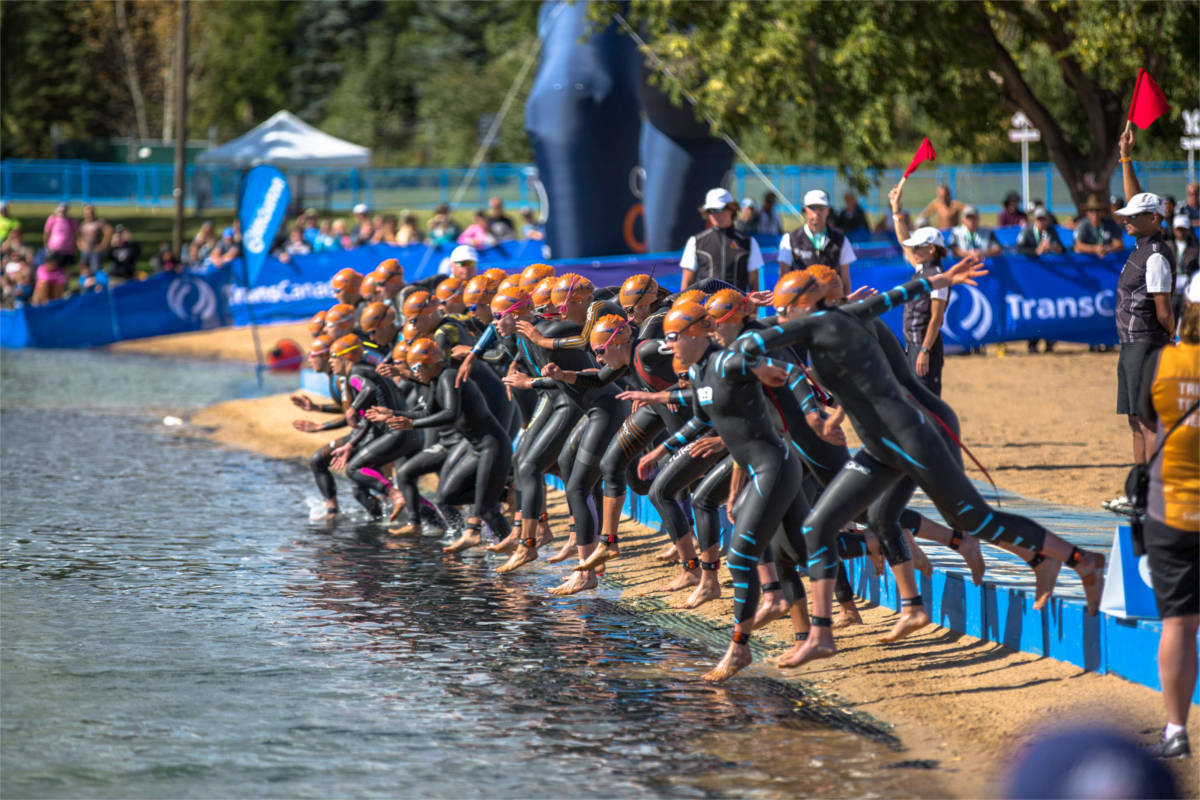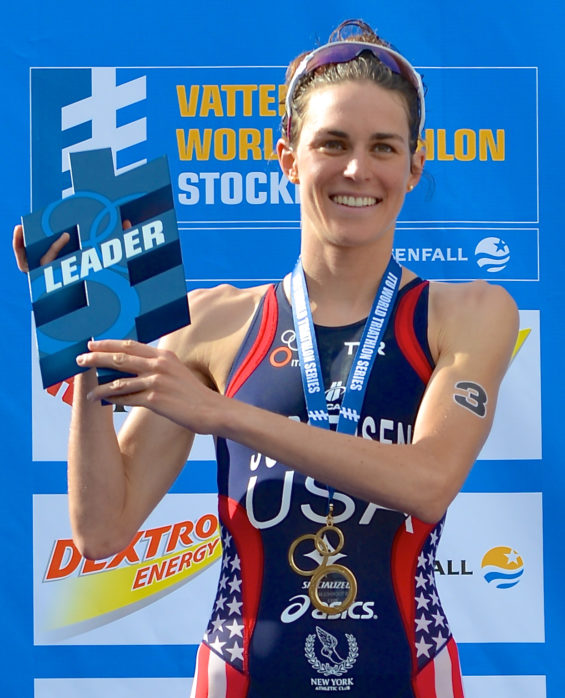Train Hard, Sleep Hard: The Road to Success for Endurance Athletes

As a triathlete or endurance athlete, are you missing out on the #1 recovery strategy that your body needs?
Whenever someone finds out that I race pro in triathlon, the first thing they ask me is if I have some sort of special diet, or something to that effect.
“Wow, you must eat really healthy,” they say.
“Yep, burgers and beer all the way!”, I reply.
It seems that Americans are conditioned to believe that nutrition is the primary factor (even sometimes above training) that will improve someone’s performance.
I cringe when someone thinks they are going to improve their performance in triathlon, running, or cycling, by adopting some sort of special nutrition plan, while only getting 5-6 hours of sleep per night.
I’ve always believed sleep was the most important recovery factor, and I’m not alone. Other top triathletes and the words of sleep and exercise experts are also on my side.
Your other out-of-training performance strategies simply pale in comparison to the value of sleep. If you neglect to get enough sleep, you are bound to underperform.
At the 2016 Olympic Games in Rio, American triathlete Gwen Jorgensen won the country’s first ever gold medal in the triathlon. In an article she penned for the Huffington Post, Jorgensen shared the secrets that made her one of triathlon’s biggest stars.
Training is number 1 on Jorgensen’s list. Triathletes need to train hard to prepare their bodies for the unforgiving grind of a race. Jorgensen stuck to a well-planned, taxing training regimen of daily 30 to 40-minute morning jogs, 90-minute swim sessions five times a week, a once-a-week full-effort open-water session to mimic race day conditions, and afternoon bike workouts almost every day.

Second on Jorgensen’s list was quality sleep. The 31-year-old triathlete swears by the power of sleep, and explained how she tries to get 8 to 10 hours of sleep every night and be in bed by 9 pm. She noted that a good night’s sleep means she wakes up “refreshed and energized.”
Jorgensen, though, is not the only one who believes that a good night’s sleep is the key to athletic success and overall fitness. Fitness expert Jim White in his interview with Leesa, states that there is mounting evidence that proves the importance of sleep and exercise. Like Jorgensen, he believes that timing is everything when it comes to quality sleep. His advice is to wait three hours after exercising before going to bed to make sure the body temperature is lowered enough to give you the best chance of falling asleep. White is such a firm believer of the power of sleep that he claims, “You can’t get to a truly high level of fitness without enough sleep.”
Ironman’s article ‘The Science of Sleep: Why it Matters for Triathlon’ cites a University of Chicago Pritzker School of Medicine study that shows how insufficient sleep alters your glucose metabolism, which then diminishes the body’s capacity to handle glucose. As a result, there is “a rapid deterioration of bodily functions.” Adequate sleep helps prevent this deterioration of bodily functions by ensuring efficient glucose metabolism.
In other words, good, adequate sleep helps the body function optimally, and triathletes need every part of the body to be at peak condition come race day. This probably explains why I have to consume more calories than usual just to feel energized on long rides when I am running low on sleep.
Sleep also plays a crucial role in the production of human growth hormone or HGH, which is a vital chemical for post-exercise and after-race tissue repair and recovery. Martha Jefferson Hospital Sleep Lab director William Winter explains in the same Ironman article that it is during slow wave sleep (deep sleep) that the pituitary gland secretes more levels of HGH. Triathletes and endurance athletes, in particular, need consistently high levels of HGH to help them recover much faster from their brutal training regimens. Recovery is especially important after a race due to the extra physical demands put on a triathlete’s body.
This article by Dr. Michael J. Breus on how sleep powers athletic performance enumerates even more reasons for triathletes to try and get enough sleep. The most notable takeaway in Dr. Breus’s article is how adequate sleep helps keep the energy level up by making sure that the body is able to store adequate glycogen, which serves as the body’s fuel. Triathletes, of course, need a consistently high energy level for them to be at their peak during competition.
Without adequate sleep, all the effort triathletes put into their workouts—no matter how advanced or strenuous—will most likely go for naught. When it comes to the difference between success and failure it is often the off-training habits that make all the difference. So for those who want to excel in this sport, make sure to always train hard and sleep hard.
